Aug 12, 2022
HOW TO BUILD SELF CONFIDENCE
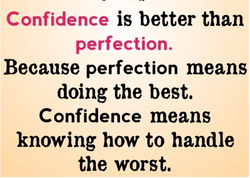
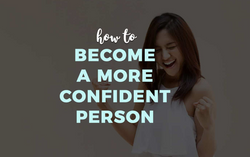
What do you mean by self-confidence?
Self-confidence is an attitude about your skills and abilities. It means you accept and trust yourself and have a sense of control in your life. You know your strengths and weakness well, and have a positive view of yourself. You set realistic expectations and goals, communicate assertively, and can handle criticism.
What is the meaning of inner confidence?
It means you accept and trust yourself and have a sense of control in your life. You know your strengths and weakness well, and have a positive view of yourself.
Confidence and self-esteem
If we have high self-esteem, we feel good about ourselves. And if we feel confident, we feel like there are things we’re good at. But sometimes, our confidence gets knocked, or we don’t like ourselves very much.
We can all feel like this at times, but when we feel like this for a long time, it can become a problem.
Whatever affects your confidence or self-esteem, it's important to remember that you have the right to feel good about yourself. We’re here to help you find a way.
What is a good quote about confidence?
We must have perseverance and above all confidence in ourselves. We must believe that we are gifted for something and that this thing must be attained. If you have no confidence in self, you are twice defeated in the race of life. Kindness in words creates confidence.
Confident people inspire confidence in others: their audience, their peers, their bosses, their customers, and their friends. And gaining the confidence of others is one of the key ways in which a self-confident person finds success.
A healthy level of confidence will make you more likely to engage in a challenging but manageable projects, will help you get outside your comfort zone, and allow you to achieve new goals–all of which are valued characteristics of successful workers.
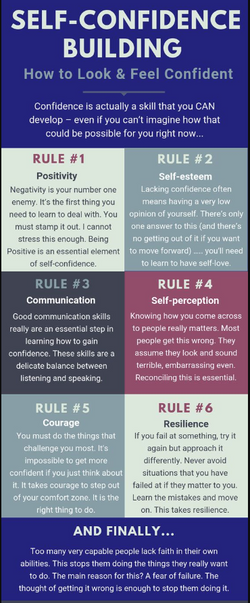
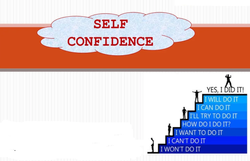
1. Be kind to yourself and Cut the negative self-talk
No one ever got better at anything by beating themselves up. Talk to yourself kindly, and encouragingly, rather than ragging on yourself for making mistakes. A positive mindset will help you learn more easily, which will boost confidence.
We’re often our own toughest critics. But if you’re constantly thinking negative thoughts about your abilities and success, it can be hard to improve. So don’t put yourself down! Cut out negative language about yourself, focus on all the great skills you have and milestones you’ve reached, and think about what you can do instead of saying “I can’t.”
Most importantly, remember that it’s perfectly OK to make mistakes. In fact, mistakes help us to learn and improve. Next time you have a slip-up, instead of criticizing yourself, think of it as a learning experience you can use to avoid this happening again in the future.
2. Think About What's Important to You, and Where You Want to Go.
Think about the things that are really important to you, and what you want to achieve with your life.
Setting and achieving goals is a key part of this, and real confidence comes from this. Goal setting is the process you use to set yourself targets, and measure your successful hitting of those targets.
Set goals that exploit your strengths, minimize your weaknesses, realize your opportunities, and control the threats you face.
3. Set Small Goals, and Achieve Them
Starting with the very small goals, get in the habit of setting them, achieving them, and celebrating that achievement. Don’t make goals particularly challenging at this stage, just get into the habit of achieving them and celebrating them. And, little by little, start piling up the successes!
4. Train yourself
Personal training helps build confidence because it goes right to the source of the problem. You might feel ill-equipped at work and hesitant because you don't have the proper training. Fortunately, that's easy to correct. Find online courses in your field or go to a seminar and start growing in your capabilities to counteract any feelings of inadequacy.
5. Pick up new skills and increase your knowledge
There is always room for improvement, and learning new skills will not only enhance proficiency , but will also boost confidence.
6. Ask questions
Never be afraid to ask questions when you don’t know something. Doing a task incorrectly because you don’t fully understand it is not a good way to boost confidence.
7. Challenge yourself
When you push yourself out of your comfort zone, it helps you to learn what you’re capable of. Naturally, this isn’t always easy. It’s understandable that you’d want to stick with what you’re good at, but challenging yourself is important for learning new skills and improving your self-confidence.
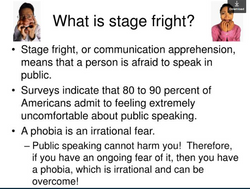
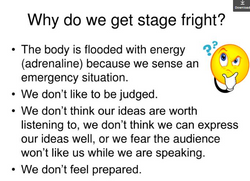
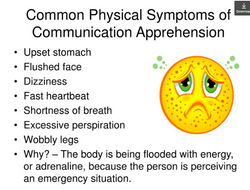
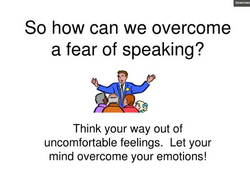
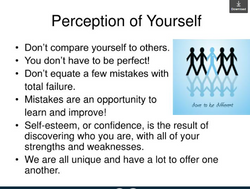
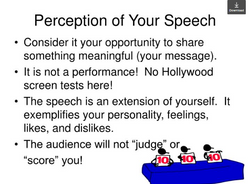
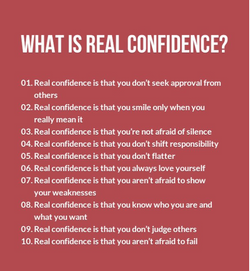
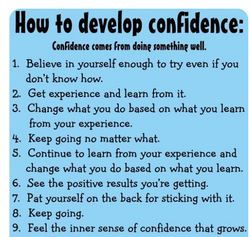

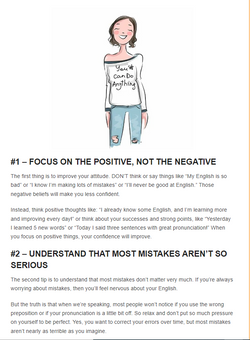

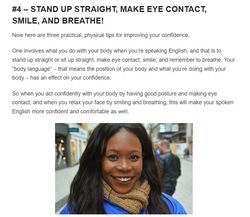
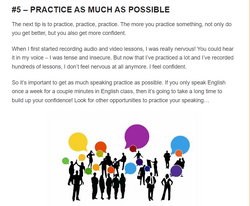
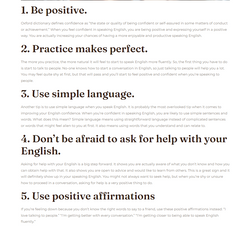
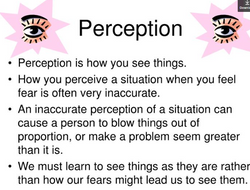
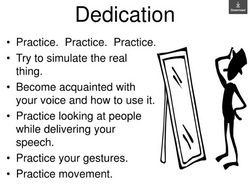
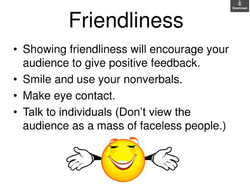
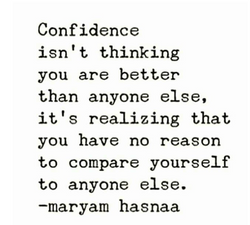
By undefined
36 notes ・ 312 views
English
Beginner